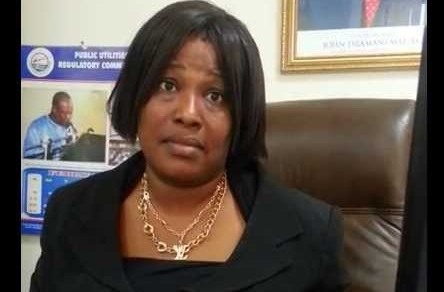Water bill has shot up by 140 percent, as against the 67.2 percent increase announced in December 2015 by the Public Utilities Regulatory Commission (PURC), according to the Business Finder.
The development has sparked agitations among consumers at East Legon, Adenta, Haatso and its surrounding areas in Accra, who have threatened not to pay the bill. They say they will rather buy water at a cheaper price from mobile water tankers.
[contextly_sidebar id=”HoMTPP9jQrc0gSGnYuejMyb1bUFEf5vs”]Indeed, a January 2016 flat water bill for residential consumers indicated a 140 percent increment, confirming inconsistencies in the tariff.
A water bill in possession of this paper indicates that consumers charged for a flat bill are paying GHc52 per month.
With regard to the breakdown of the January 2016 bill, GHc2.54 was meant for rural water and GHc1.27 was for firefighting.
Those who received ‘readable’ bills have also seen almost 100 percent increases in their bills.
Some aggrieved customers who spoke to this reporter threatened not to pay the bills if the right increment was not applied. They argued that their living conditions had worsened and paying the bill will further compound their situation.
“How can I pay GHc90 for electricity every month and pay for GHc130.66 for water?”, a furious Ama Kyerewah of Madina Estates asked.
“Though we appreciate the fact that we have regular water supply the bills are too high.”
David Yeboah of Adenta Housing Down Estates was not amused with Ghana Water Company, blaming it for the high tariffs. He added that the increase in water bill would affect other sectors of the economy.
Charles Allotey, who lives at East Legon, also accused the Water Company of cheating Ghanaians.
“I can’t believe this….how can the Ghana Water Company charge us double and continue to increase the price?
The public relations department of the Ghana Water Company Limited refused to answer several telephone calls placed by this reporter.
Last year, the Public Utility Regulatory Commission (PURC) increased electricity and water tariffs by 59.2 and 67.2 percent respectively for consumers in the country. The implementation took effect from December 14, 2015.
However, that of electricity was slightly reduced for low consumers after protests by organized labour.
The complaints about Ghana Water comes few days after the company announced that it had reimbursed over 260,000 consumers who were over-billed due to an error in its billing system.
–
Source: Finder


